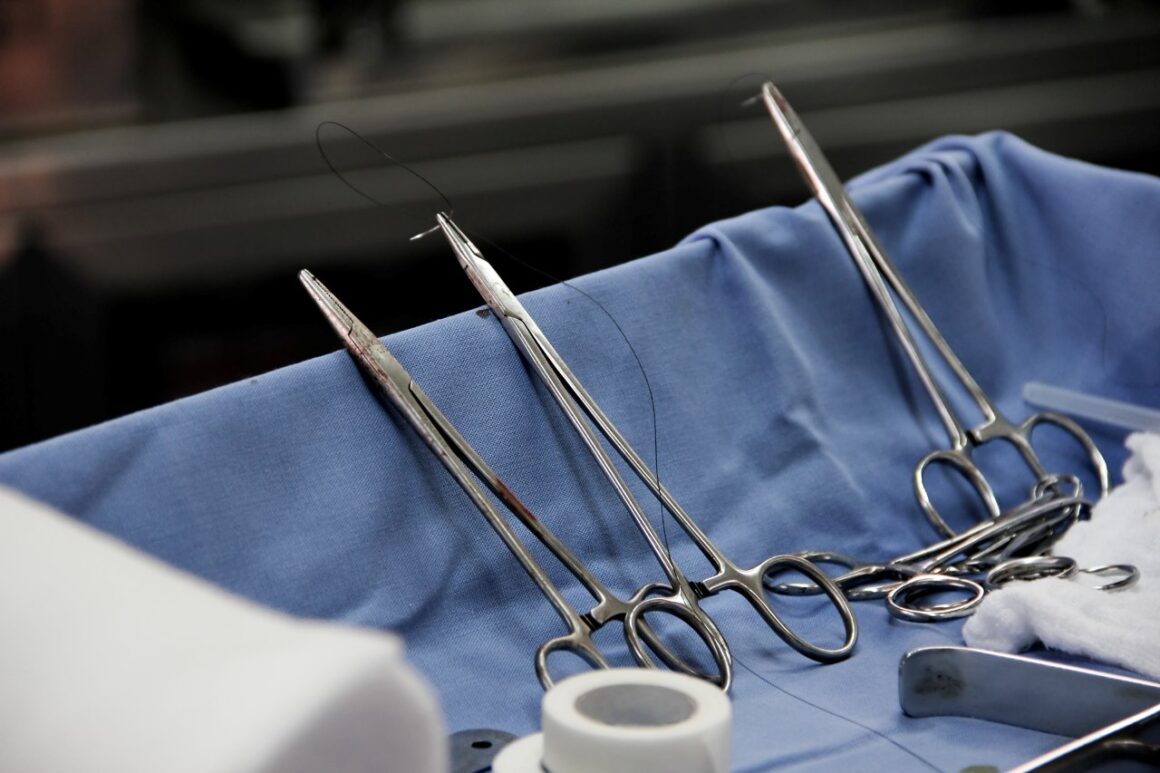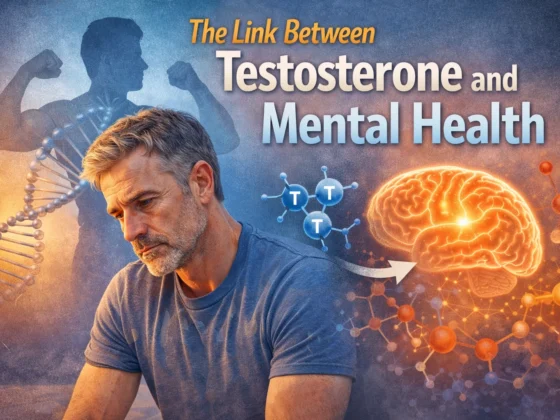Finding out you have a varicocele can be worrying, especially if you’re planning to start a family. The connection between fertility and varicocele isn’t always straightforward, so let’s cut through the confusion and talk about what you really need to know.
What Is a Varicocele?
Think of a varicocele as varicose veins, but in your scrotum. When the valves in these veins stop working properly, blood pools instead of flowing normally, causing the veins to swell. They usually show up during the teenage years and hang around afterward.
About 15-20% of guys have them, but that number jumps to 40% when you look at men struggling with fertility issues. That’s not a coincidence, and it’s why many fertility specialists take varicoceles seriously.
Does Varicocele Cause Infertility?
Sometimes yes, sometimes no. Some men with massive varicoceles father children without any trouble, while others with barely noticeable ones struggle. Here’s what’s actually happening below the belt:
How Varicocele Affects Sperm Health
Your testicles are designed to stay cooler than the rest of your body – it’s why they hang outside rather than tucked safely inside. When varicoceles develop:
- The extra blood hanging around heats things up. Sperm hate heat – they’re like delicate little snowflakes that melt when it gets too warm.
- Blood flow gets messed up. Sperm factories need fresh supplies and waste removal, just like any production facility.
- Hormone production can get thrown off balance. Your testosterone workshop might not run at full capacity.
The result? Fewer sperm, lazier sperm, and weird-looking sperm – a triple whammy against your fertility chances.
How Long Does It Take for a Varicocele to Cause Infertility?
There’s no countdown clock here. Some guys notice problems within months, others never have issues despite living with varicoceles for decades. It depends on severity, your overall health, and probably some genetic factors science hasn’t figured out yet.
Does Every Man with Varicocele Become Infertile?
Nope. Plenty of guys with varicoceles make babies without medical intervention. What matters is:
- Size matters – bigger varicoceles tend to cause bigger problems.
- Your age plays a role – younger bodies often compensate better.
- Overall health counts – everything works better when you’re taking care of the whole machine.
Diagnosing Varicocele and Infertility
If you’re worried about what’s happening downstairs, getting checked out is step one.
Common Symptoms to Watch For
You might notice:
- A weird, wormy feeling in your scrotum
- Visible swelling that looks like a bag of grapes
- Dull aches that come and go
- One testicle looking smaller than before
Then again, you might notice absolutely nothing. Many varicoceles fly completely under the radar until a doctor spots them during a physical.
Medical Tests and Diagnosis
Doctors typically find varicoceles through:
- The old turn-and-cough routine while you’re standing up (they’re easier to feel when gravity’s pulling on them)
- Ultrasound scans that show the blood flow problems
- Semen analysis if you’re trying to conceive and it’s not happening
When you’re actively trying for a baby without success, these tests help determine whether your varicocele is the culprit or if something else is happening.
Treatment Options for Varicocele and Infertility

Once you know what you’re dealing with, you’ve got choices.
Non-Surgical Management
For minor cases or when you’re not currently baby-hunting, just wait and watch, and track any changes with regular check-ups. You might also want to make some lifestyle tweaks to boost your overall health down there – keep the boys cool, maintain a healthy weight, and look into products that help maximize performance safely. Small changes can sometimes make a significant difference.
Surgical Treatments for Varicocele
When it’s time to bring in the big guns:
- Varicocelectomy – surgeon ties off the troublemaking veins. It’s like putting up a “road closed” sign so blood takes a different route.
- Embolization – a radiologist plugs up the vein from the inside. Less cutting, similar results.
Does Treating Varicocele Improve Fertility?
The good news is, the numbers look promising! After treatment, 26-43% of couples are able to achieve pregnancy (depending on whether other fertility issues exist).
You’re most likely to see benefits if:
- Your sperm count and quality are currently below par
- Your varicocele is large enough to feel
- There aren’t other major fertility roadblocks
Final Thoughts
It’s important to remember that varicoceles are one of the few fixable causes of male infertility. Not every swollen vein threatens your dad dreams, but addressing them often improves your chances significantly.
Remember – reproductive health isn’t just about making babies. Taking care of these issues often improves your overall quality of life, too. Don’t let embarrassment keep you from getting the help you need.
PSA: While you’re down there, it’s smart to make checking for testicular cancer part of your routine. Testicular cancer is on the rise in young men, so make sure you’re getting familiar with how everything down-there feels. And if you spot something new, head to your doctor for a check-up and peace of mind.










